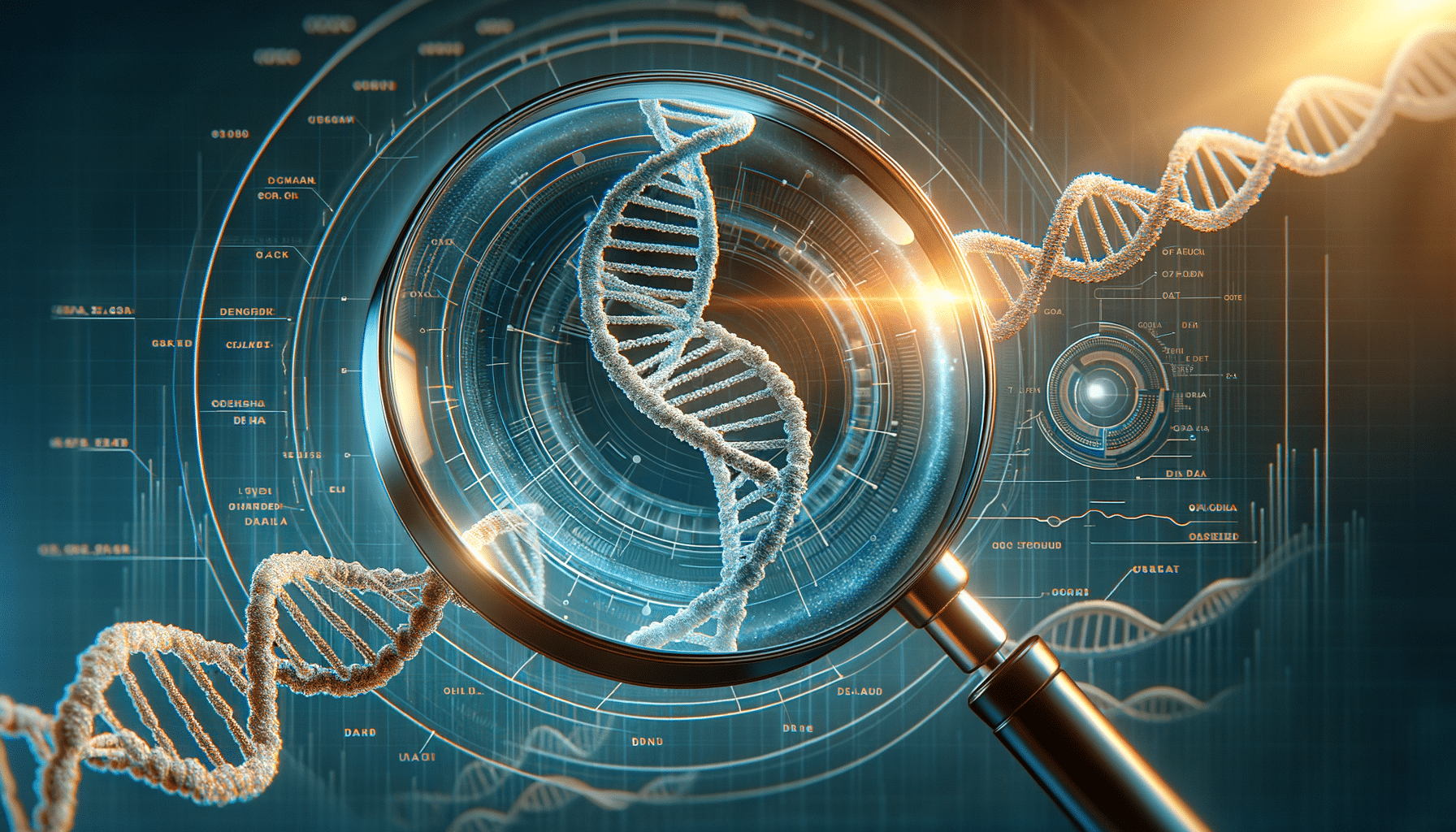
Discover Your Genetic Heritage with DNA Testing
Introduction to DNA Testing
In the age of information, understanding one’s genetic makeup has become more accessible and intriguing than ever before. DNA testing offers a fascinating glimpse into our ancestral past, providing insights into our genetic traits and health predispositions. This technology not only unveils the hidden stories of our lineage but also empowers us with knowledge about our own biology. With its growing relevance, DNA testing has become a tool for personal discovery and health management, appealing to a broad audience eager to explore their genetic heritage.
The Science Behind DNA Testing
DNA testing is grounded in the study of deoxyribonucleic acid, the molecule that carries our genetic instructions. Each person’s DNA is unique, except for identical twins, making it a powerful tool for identification and analysis. The process involves collecting a sample, usually saliva or a cheek swab, which is then analyzed in a laboratory to identify specific genetic markers. These markers can reveal information about ancestry, hereditary traits, and potential health risks.
Advancements in genetic research have enabled scientists to compare individual DNA sequences with large databases, providing detailed insights into ethnic backgrounds and potential genetic conditions. The accuracy of these tests has improved significantly, allowing for more precise results. This scientific foundation makes DNA testing a reliable method for exploring one’s genetic history and health.
Applications of DNA Testing
DNA testing has a wide range of applications, from personal ancestry exploration to medical diagnostics. One of the most popular uses is in tracing family history, where individuals can uncover their ethnic roots and connect with distant relatives. This aspect of DNA testing has gained popularity among genealogy enthusiasts who seek to build comprehensive family trees.
In the medical field, DNA testing is used to identify genetic predispositions to certain health conditions. This information can be crucial for preventive healthcare, enabling individuals to make informed decisions about their lifestyle and medical care. Furthermore, DNA testing plays a vital role in forensic science, helping solve crimes by matching DNA samples from crime scenes with potential suspects.
Privacy and Ethical Considerations
With the rise of DNA testing, concerns about privacy and ethics have become more pronounced. The data obtained from DNA tests is highly sensitive, and its misuse could lead to privacy violations. It is essential for testing companies to ensure robust data protection measures and transparent privacy policies to safeguard users’ genetic information.
Ethical considerations also come into play, particularly regarding the potential for genetic discrimination. For instance, individuals might face discrimination in employment or insurance based on their genetic predispositions. Legislation such as the Genetic Information Nondiscrimination Act (GINA) in the United States aims to prevent such discrimination, but ongoing vigilance is required to address these concerns globally.
Conclusion: Embracing Genetic Insights
DNA testing has revolutionized the way we understand our genetic heritage and personal health. By providing a window into our ancestry and genetic traits, it empowers individuals with knowledge that can shape their identity and health decisions. While the benefits are substantial, it is crucial to navigate the accompanying privacy and ethical challenges responsibly.
As DNA testing continues to evolve, it holds the promise of unlocking even deeper insights into our genetic makeup. By embracing this technology with awareness and caution, we can make the most of its potential to enhance our understanding of ourselves and our place in the world.


